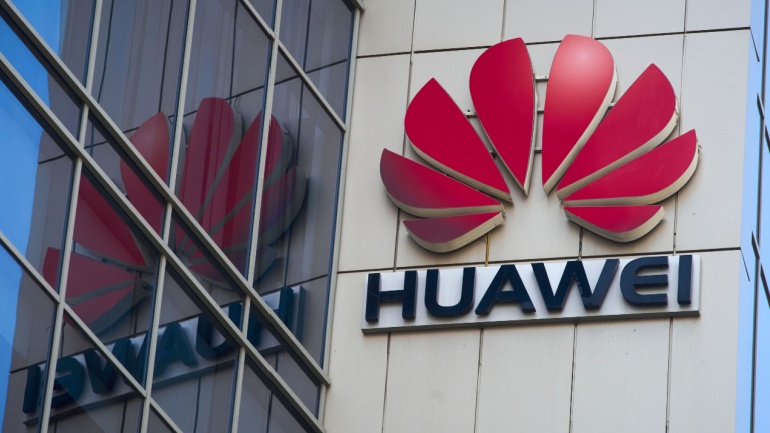Google’s new long-term agreement with Energix Renewables underscores the escalating importance of sustainable energy in tech advancements. By supplying 1.5 gigawatt-peak of solar projects by 2030, this partnership aligns with Google’s net-zero emissions goals, ensuring clean energy for their AI-driven data centers and marking a pivotal shift towards greener technology solutions.
The government of Peru’s innovative plan to allocate 5G spectrum to telecommunication operators prioritizes coverage expansion over cash payments. This initiative aims to accelerate the deployment of 5G standalone technology, particularly in underserved rural areas. This regulation enhances infrastructure growth while reducing financial burdens, promising to reshape Peru’s telecom landscape.
NTT DoCoMo has successfully tested a hybrid quantum-computing-based network optimization solution from D-Wave Quantum, enhancing network performance and reducing paging signal congestion by 15% during peak times. This quantum breakthrough optimizes base station tracking, predicting device movements, and efficiently reconnecting devices. The hybrid solver completed tasks in 40 seconds compared to 27 hours for traditional methods.
Huawei is expanding its AI cloud services across the Asia-Pacific region, significantly growing despite US-led sanctions. Their offerings, including Ascend Cloud Service and Pangu large language model, aim to revolutionize sectors like finance and weather forecasting. This strategic move presents exciting opportunities for VoIP engineers and IT professionals.
TIM Brasil is partnering with Nokia for a significant 5G expansion across 15 states in Brazil, set to commence in January 2025. Utilizing Nokia’s advanced 5G AirScale portfolio, including baseband and massive MIMO radios, this initiative aims to boost connectivity for both general users and regional enterprises, enhancing Brazil’s telecom landscape.
Juniper Networks has announced its Blueprint for AI-Native Acceleration, designed to simplify deploying its AI-Native Networking Platform. This framework offers educational resources, trial opportunities, and flexible licensing to help businesses achieve a rapid return on investment. With AI-driven networking, expect up to 90% fewer network trouble tickets and faster deployments.
Barcelona-based Sateliot has launched four LEO nanosatellites via SpaceX to expand its satellite IoT services. This move aims to connect eight million devices and secure €30 million in funding. Utilizing a 5G core through AWS, Sateliot’s NB-IoT constellation targets 100% global coverage and offers cost-saving IoT solutions.
SK Telecom and Nokia have partnered to introduce groundbreaking fibre sensing technology designed to detect environmental changes affecting optical cables. This innovation aims to boost network safety, preventing damage from earthquakes and climate changes. By leveraging machine learning, the collaboration ensures proactive responses, minimizing service disruptions and improving network reliability and efficiency.
Ericsson has announced the sale of its US subsidiary iconectiv to Koch Equity Development for $1 billion. This transaction, anticipated to complete in early 2025, underscores Ericsson’s strategy to streamline its core offerings. Iconectiv, renowned for number portability solutions, will continue expanding under its new ownership.
Four leading Malaysian telcos have bid for the nation’s second 5G network, following the government’s tender that closed on July 31, 2024. The contenders—CelcomDigi, Maxis, Telekom Malaysia, and U Mobile—aim to enhance Malaysia’s 5G landscape. The winning bidder will be announced by year-end, set to further progress the nation’s 5G infrastructure development.













